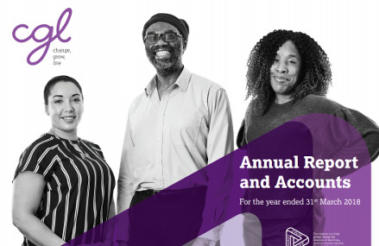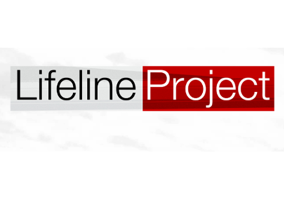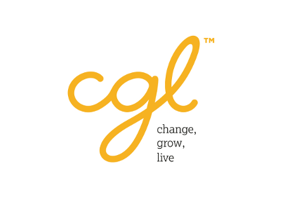Change Grow Live has reported an income of £196.6m for the financial year ending March 2018, an increase of 25 per cent, after acquiring the majority of the Lifeline Project’s contracts, according to its annual report published last week.
This was an increase of £40m on the previous year and is about double the charity’s 2013 income of £99.8m. Most of its income is from contracts with local authorities to deliver health and social care services.
Expenditure increased in line with income to £193m. It held £27.2m in reserves, including £16.5m in free reserves, which represents 4.5 weeks’ expenditure.
Mike Pringle, the charity's chair, described this as an “outstanding year of growth” in his foreword to the report, and praised its two former chief executives David Biddle and David Royce.
“The charity’s growth from a small, local organisation working with ex-offenders to the largest provider in our sector has been phenomenal and is due in no small part to the incredible endeavours of these two former leaders. They can be credited with devising a business model, an ethical culture and a unique approach to service delivery, which have been astonishingly successful,” he said.
CGL took on 53 services and 1,500 new staff after Lifeline Project collapsed in May 2017. The accounts show total headcount is now 3,700 and that the charity spent £1.4m on redundancy costs relating to “costs of restructuring services at or around the commencement of services, or in response to changes in the funding and financial position on contracts”.
The charity says it expects to continue to grow by about 6 per cent next year and plans to invest in digital services and explore new ways of reaching service users on social media.
Mark Moody, chief executive, said in the foreword: “We have robust plans to meet the challenges of the economy, public spending cuts, increased regulation, Brexit and the anticipated increase in demand for services. We will simplify our management structures to facilitate strong and agile local management capable of delivering excellent local services. We will continue to invest in digital resources where they provide simplification, efficiency or greater public access, without compromising the one-to-one engagement and personal encounters that are so powerful in motivating people to change.”
He added “Our diversification plans allow us to grow in a sustainable way, demonstrating that charitable organisations can be trusted to deliver value for money public services imbued with the highest ethical standards.”
Equality, diversity and inclusion strategy
CGL said it had launched a three-year equality, diversity and inclusion (EDI) strategy during the year because these are “essential pillars for an organisation focussed on reducing stigma, promoting wellbeing and sustaining positive change”.
It said this “focused on developing accessible inclusive services, an inclusive culture, a diverse and representative workforce and inclusive leadership”.
So far a translation and accessibility tool has been used more than 6,850 times since it was added to its website last year.
CGL has also delivered its EDI workshop to 500 staff (13.5 per cent of its workforce) and almost a quarter of the workforce has completed an e-learning module.
Related articles












